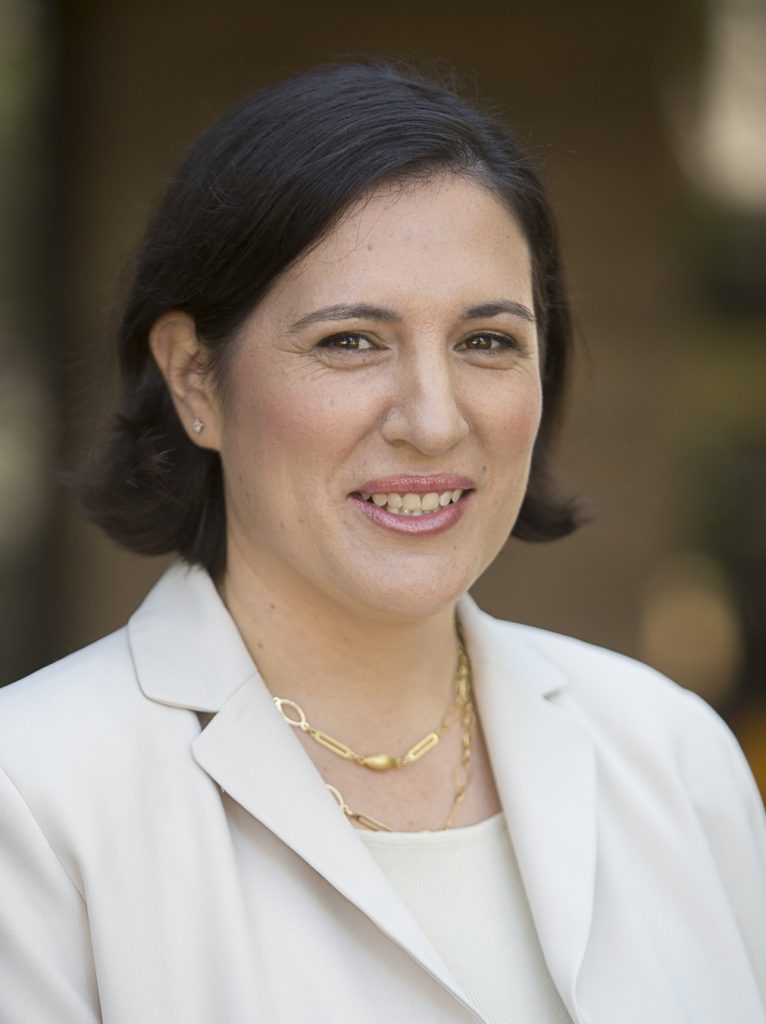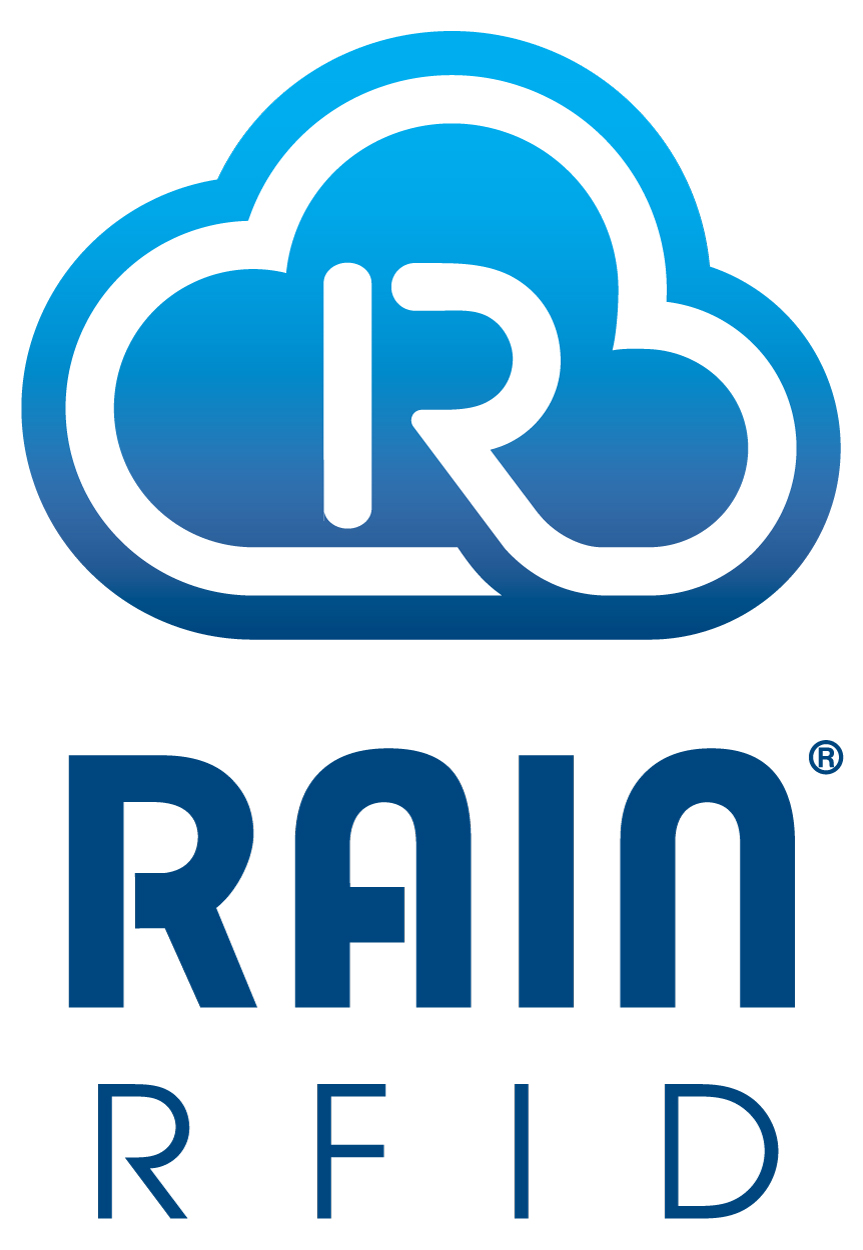The Technological Trajectory of RFID: Science Fiction, Business Scenarios, and Transnational Surveys
Michael’s PhD in 2003 focused on automatic identification techniques for both non-living and living things, and socio-technical issues that included environmental systems considerations. Michael has been engaged in scenario planning for emerging technologies for the last twenty years, beginning with mobile telephony. Inspired by the science fiction genre, future market scenarios through patents and prototypes, and transnational consumer surveys, Michael is in a box position to comment on the technological trajectory of RFID implants, and other embedded nanotechnology.
Topics
This workshop will cover industry basics, such as:
- The technological trajectory of RFID: from objects to subjects and the role of the science fiction genre
- Raising market awareness of new form factors for unique ID, and supporting imagery toward miniaturisation (phone à watch à mini-chip à implantable)
- Google’s swallowable security pill and Vivokey’s multiapplication platform
- The blackbox within as an ultimate alibi and unique key- ID microchips for all for (national) security, finance, travel and convenience
- Perceived and real benefits, risks and costs of microchipping people
- Perceived barriers towards acceptance and adoption of humancentric RFID including privacy, security, trust, control, social, philosophical, cultural, religious issues
- The potential for multiple layers of digital divide caused by augmentation
- The role of socio-ethics and human research ethics responsibility in the development, commercialisation and diffusion of new RFID technologies and applications
The workshop Michael has designed will use a focus group stimulus pack to engage participants. This will contain short scenario sequences from science fiction movies but also from real organisational RFID implant proof of concept (PoC). Primary sources of evidence through transnational surveys from 2011-2013, will also be used to better understand consumer perceived benefits, risks and costs. The workshop will be held like a typical focus group to ensure that an optimum level of discussion occurs during the process of learning.
It is hoped that this workshop raises the importance of engaging with the practice of socio-ethics in the development of any new RFID innovation. The human research ethics process within an academic, organisational and government setting is presented as a critical vehicle of sustainable societal or organisational solutions.
Speaker Biography
Michael is the author of Innovative Automatic Identification and Location Based Services: from Bar Codes to Chip Implants (2009) and co-editor of Uberveillance and the Social Implications of Microchip Implants (2014). She is also convenor of the annual Social Implications of National Security workshop since 2006, an Australian Research Council-funded Research Network for a Secure Australia. Michael has previously guest edited special issues for Proceedings of the IEEE on RFID Innovation and Computer on Big Data. Michael is the editor-in-chief of IEEE Technology and Society Magazine, and senior editor of IEEE Consumer Electronics Magazine. She is also Professor at the Faculty of Engineering and Information Sciences at the University of Wollongong where she is presently the Associate Dean – International. She is a senior member of the IEEE and is active in the Society for the Social Implications of Technology (SSIT) and also the IEEE Council on RFID (CRFID).







